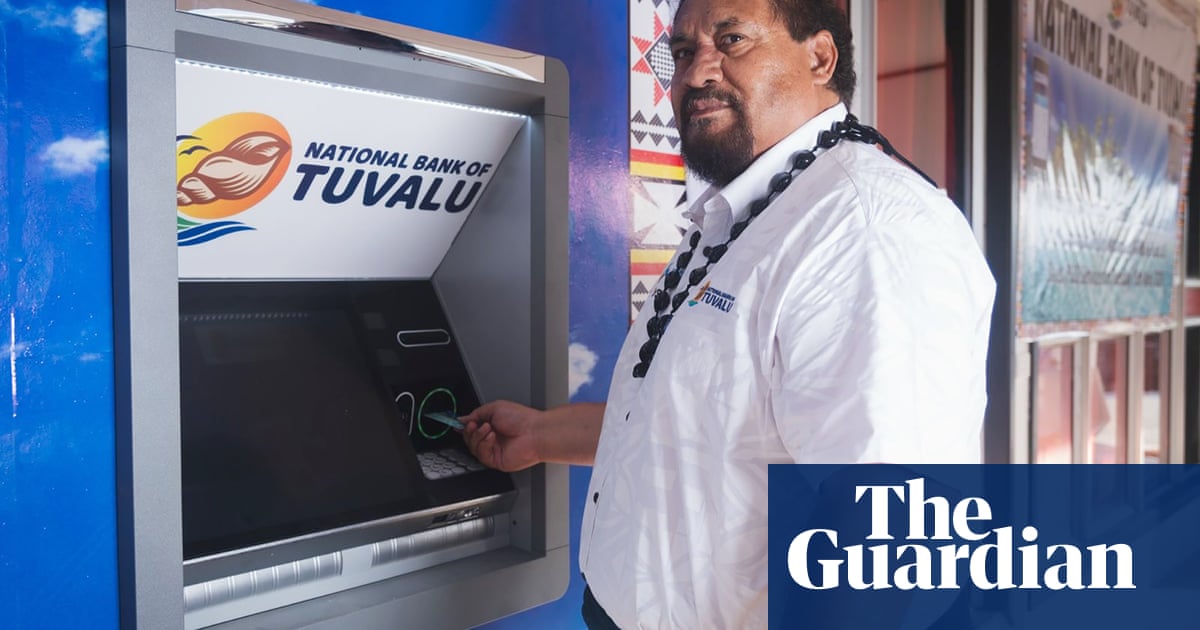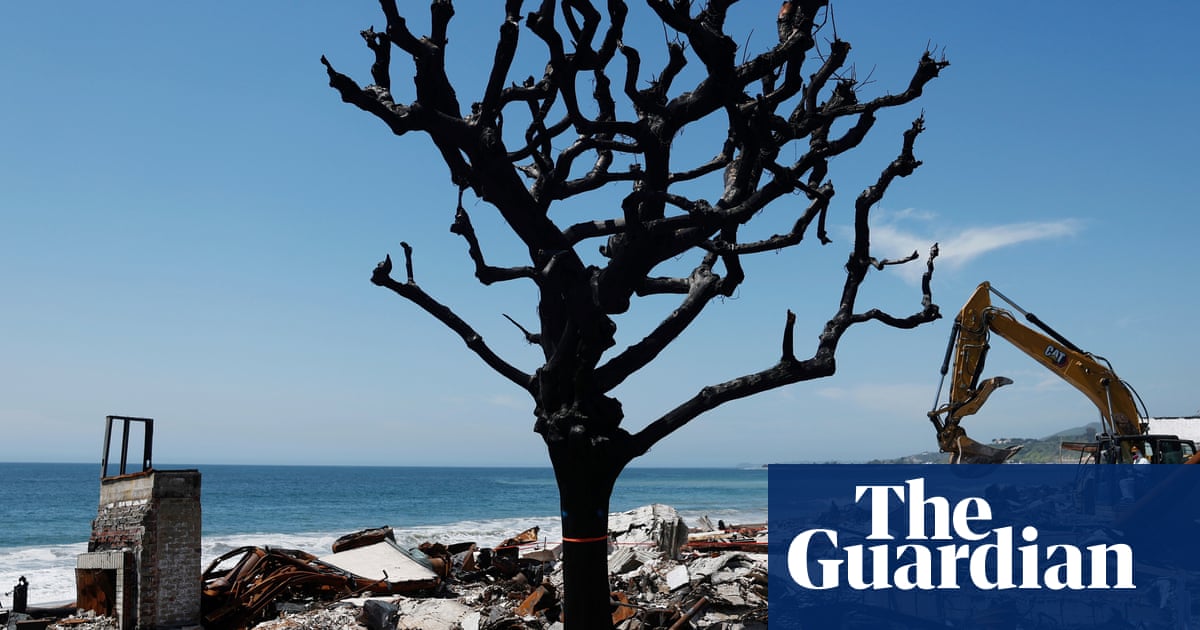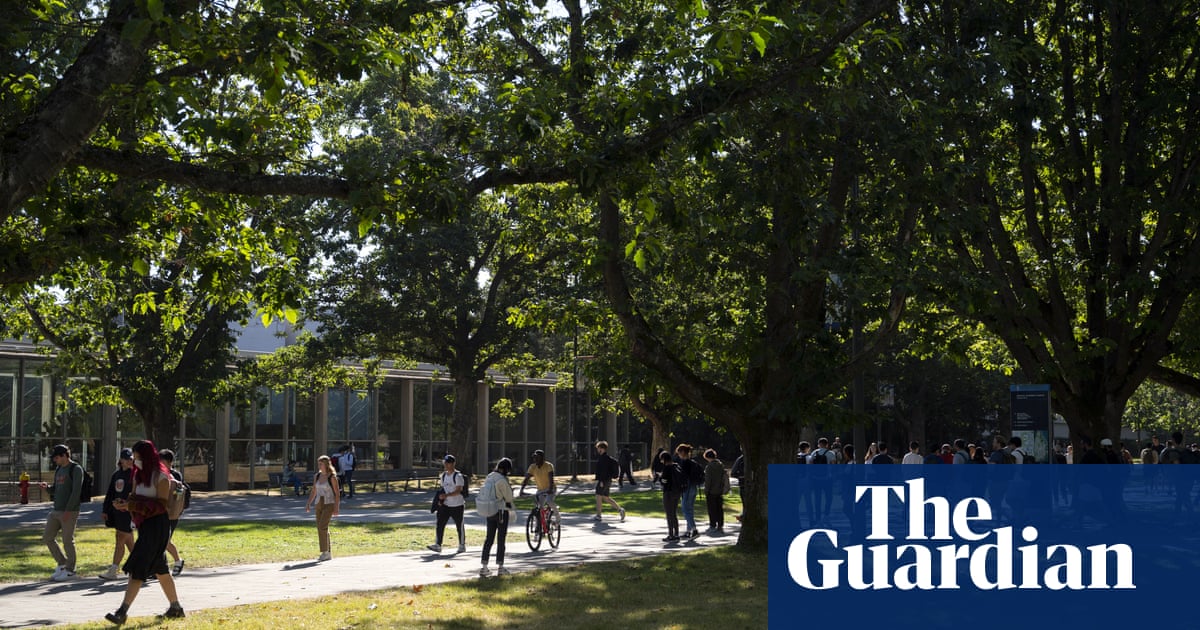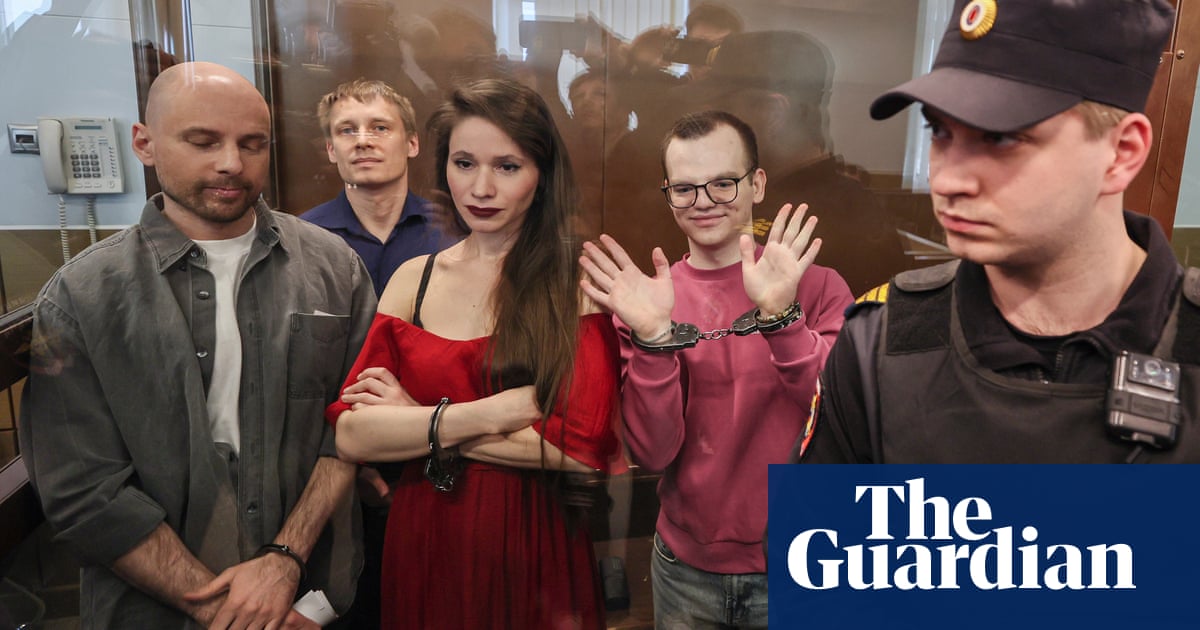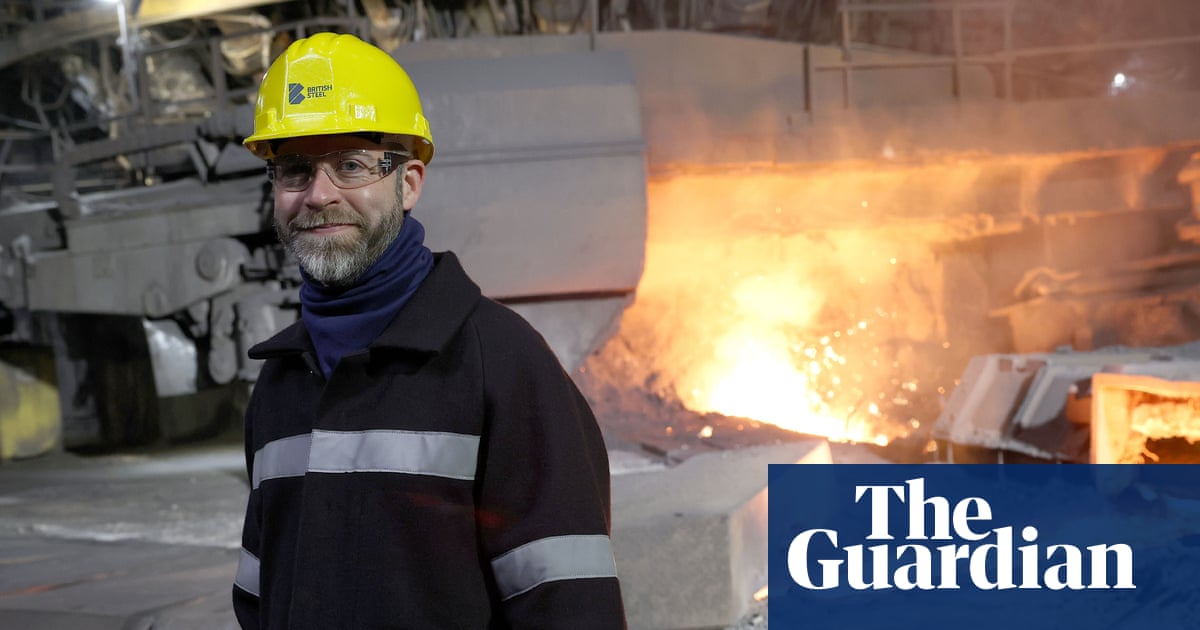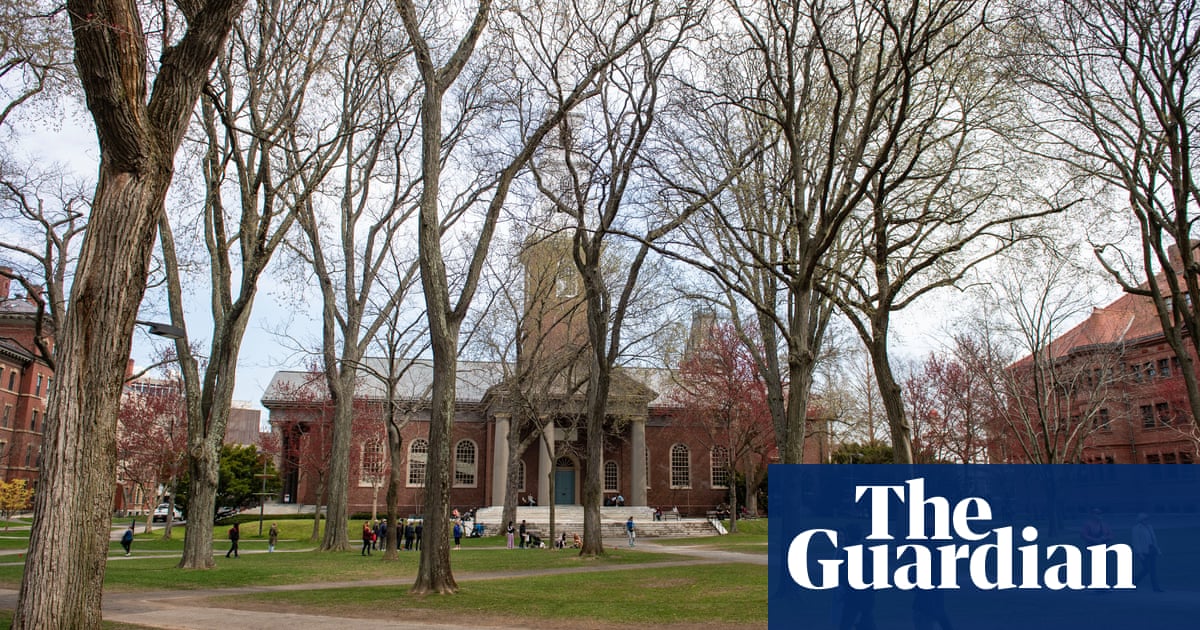Globalisation is out; reshoring is the new realism. Intel’s half-built Ohio campus and Nvidia’s US supercomputer plan demonstrate the very different routes taken by Joe Biden and Donald Trump in the search for homegrown tech dominance. Mr Biden relied on institutions: grants, land and investment incentives. That approach has stalled after last year’s election, rendering Intel’s plant idle. Mr Trump prefers court politics: flattery, pressure and tariff threats. Nvidia’s move seems driven less by design than executive ultimatum. Industrial strategy lives on – but, and this is a concern, increasingly through presidential menace, not policy.
There’s another important message in the Nvidia announcement. In an era where ideas spread freely, power lies not in invention but in chokepoints, such as artificial intelligence supercomputer fabrication, that determine who can scale those ideas into global platforms. Remember that as the US braces for a backlash over the breakdown of the old trade order.
The Harvard economist Ricardo Hausmann has noted that Mr Trump’s miscalculation is focusing on goods trade, while ignoring the bigger game: services, intellectual property (IP) and investment. Boeing’s most profitable division is services, not manufacturing – but both will be hit by China’s decision to block further deliveries of its jets. Prof Hausmann warned that developing countries may retaliate by undermining the global Trade-Related Aspects of Intellectual Property Rights agreement. Known as Trips, the IP regime stands behind $632bn in US overseas profits.
If Mr Trump has a plan, it’s well hidden. But perhaps his strategy is simply this: if others want to copy yesterday’s technologies or challenge IP norms, let them. The US, by this logic, will just invent the next indispensable thing – and charge to access it. America is a leader in AI, biotech and platform services. But recent developments complicate this picture. Open-source AI such as China’s DeepSeek shows that frontier tech no longer needs a Silicon Valley address.
In pharmaceuticals, a similar contradiction plays out. Eli Lilly’s blockbuster weight-loss drug Mounjaro had its formula made public under Food and Drug Administration rules – the price of market access. That transparency fuelled a global flood of generics and counterfeits. It’s the Trips dilemma: innovation demands openness, but imitation thrives where enforcement lags. Now, in a sharp escalation, the Trump administration has launched a national security probe into pharma imports. China, India and the EU, all major exporters, are in US crosshairs.
The deeper irony is that since 1945 the US has built its global position by championing openness – in science, trade and finance – yet it is now walling off supply chains and invoking security doctrines to shield its markets. Meanwhile, the very IP regime that helped extract “rents” from the world economy is under strain. The US may still dominate, but it’s on the defensive – onshoring production and securing chokepoints. In January, Mr Trump threatened 100% tariffs on any country daring to sidestep the dollar – and hence powerful US Treasury sanctions.
If developing countries begin to renege on Trips – no longer seeing value in enforcing patents in return for access to increasingly closed markets – the consequences will reach far beyond US firms. In 2023, India paid $14bn to foreign entities for using IP, up from $1.9bn in 2009, without much meaningful benefit in return. For now, the US may still invent the future. But whether America can own it, monetise it or exclude others from it remains uncertain. The age of innovation may be global. The age of power, increasingly, is not.
Do you have an opinion on the issues raised in this article? If you would like to submit a response of up to 300 words by email to be considered for publication in our letters section, please click here.

 6 hours ago
6
6 hours ago
6
